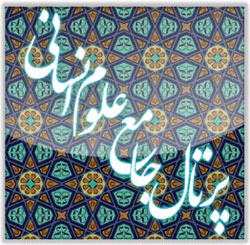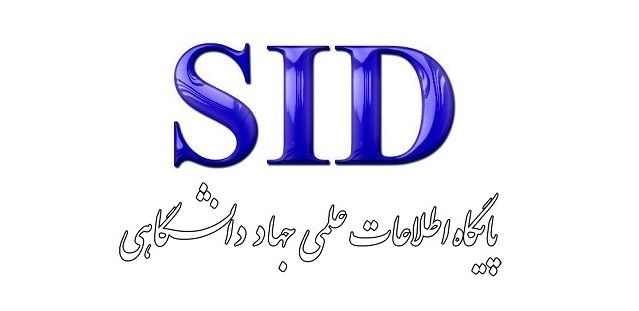بررسی سیاستهای مدرنسازی در دوران رضاشاه پهلوی و پیامدهای سیاسی آن
کلمات کلیدی:
مدرنسازی, رضاشاه, تمرکز قدرت, دولت مدرن, جامعه مدنیچکیده
ان حکومت رضاشاه پهلوی را میتوان یکی از نقاط عطف در روند شکلگیری دولت مدرن در ایران دانست. این پژوهش با رویکرد توصیفی-تحلیلی، سیاستهای مدرنسازی در عرصههای نظامی، اداری، آموزشی و اقتصادی و تأثیر آنها بر ساختار سیاسی را بررسی میکند. یافتهها نشان میدهند که تمرکز قدرت، ایجاد ارتش منظم، نوسازی بوروکراسی، گسترش آموزش نوین و توسعه زیرساختها از مهمترین اقدامات رضاشاه بود که به تثبیت دولت مرکزی انجامید. با این حال، حذف نهادهای سنتی، محدود کردن مشارکت سیاسی، سرکوب مخالفان و تمرکز بیش از حد قدرت پیامدهایی چون تضعیف جامعه مدنی و فقدان فرهنگ دموکراتیک را به دنبال داشت. نتایج نشان میدهد که این مدرنسازی آمرانه گرچه دولت مقتدر ایجاد کرد، اما زمینهساز بحرانهای سیاسی بعدی نیز شد









